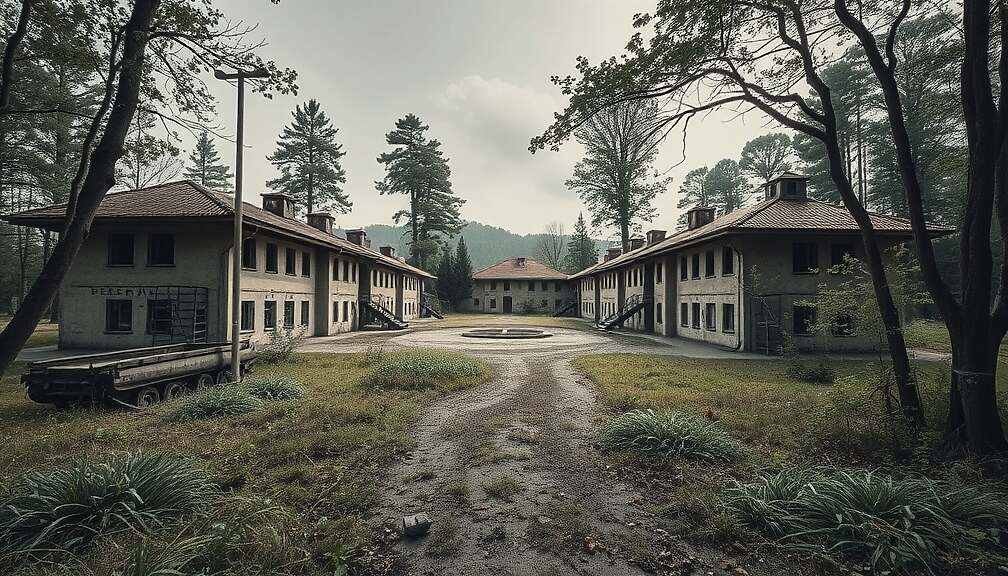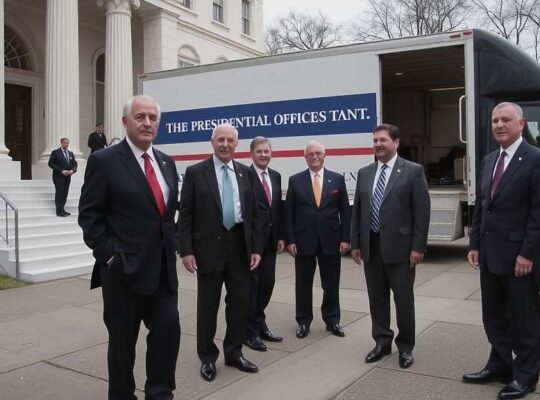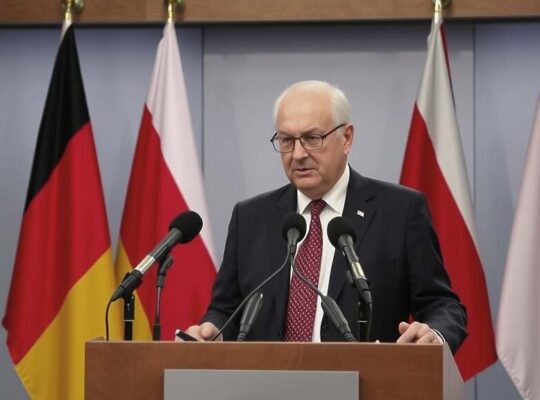The German Ministry of Defence has abruptly halted plans to repurpose thirteen Bundeswehr (German Armed Forces) properties for civilian use, citing a burgeoning need for military infrastructure in response to evolving security concerns. This reversal, revealed by ARD Hauptstadtstudio, signals a significant shift in government strategy and draws criticism surrounding transparency and long-term urban planning commitments.
The affected properties span multiple federal states, including North Rhine-Westphalia, Rhineland-Palatinate, Schleswig-Holstein, Lower Saxony and Baden-Württemberg. Originally slated for civilian development, these sites are now being designated as part of the Bundeswehr’s “strategic property reserve” essentially guaranteeing their availability for military use on short notice. This move effectively suspends pre-existing contracts and development proposals, leaving local authorities and investors scrambling to reassess projects.
The sudden announcement has sparked questions regarding the government’s decision-making process and its commitment to regional development. Critics argue that the shift, seemingly prompted by a reactive need to expand military capabilities, undermines the principles of long-term urban planning and disregards the vital contribution civilian projects would have made to local economies and communities. The lack of prior consultation with affected municipalities and stakeholders has further fueled discontent.
In Baden-Württemberg, the Bleidorn Barracks in Ulm, earmarked for civilian redevelopment, are now firmly back under military control. Comparable reversals are underway in Bavaria, where facilities including the Fliegerhorst Erding, Fürstenfeldbruck, the Grünten Barracks and the Jäger Barracks in Sonthofen are now prioritized for military needs. Wilhelmshaven in Lower Saxony is similarly affected.
The situation in Berlin is particularly sensitive, with the city government issuing a statement clarifying that only the Tegel Nord property is subject to the moratorium. While the previously-planned civilian development of the broader Tegel Airport site remains unaffected, the need to retain Tegel Nord until the 2040s highlights the Bundeswehr’s determination to safeguard key locations. Martin Pallgen, spokesperson for the Berlin Senate Department for Urban Development, emphasized the site’s longstanding military usage, distancing the decision from the larger-scale civilian reconstruction efforts elsewhere on the former airport grounds.
Despite assurances that projects like the Schumacher Quarter housing development and the Urban Tech Republic remain untouched, the broader incident underscores a growing tension between military expansion and pre-existing civilian development plans, raising concerns about the long-term consequences for urban landscapes and regional economies across Germany. The sudden reversal also fuels speculation regarding the scale of future Bundeswehr expansion and the potential for further disruptions to prior development commitments.












